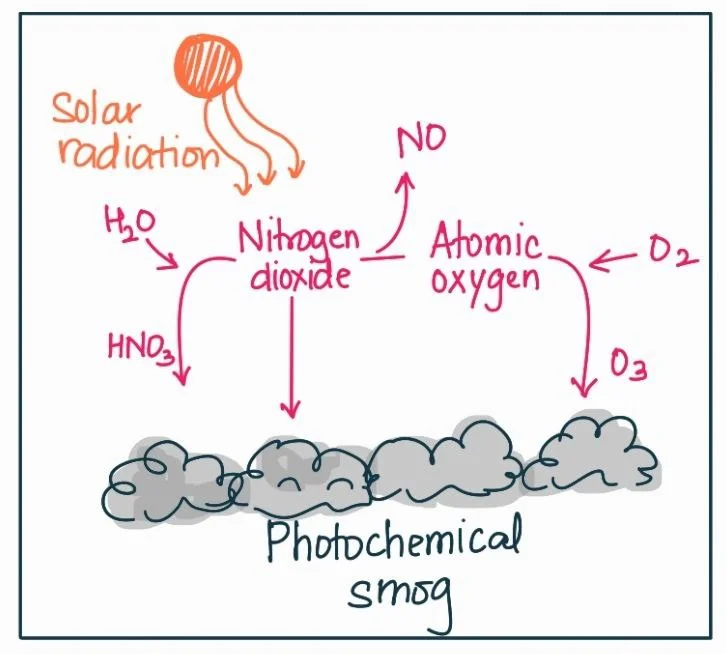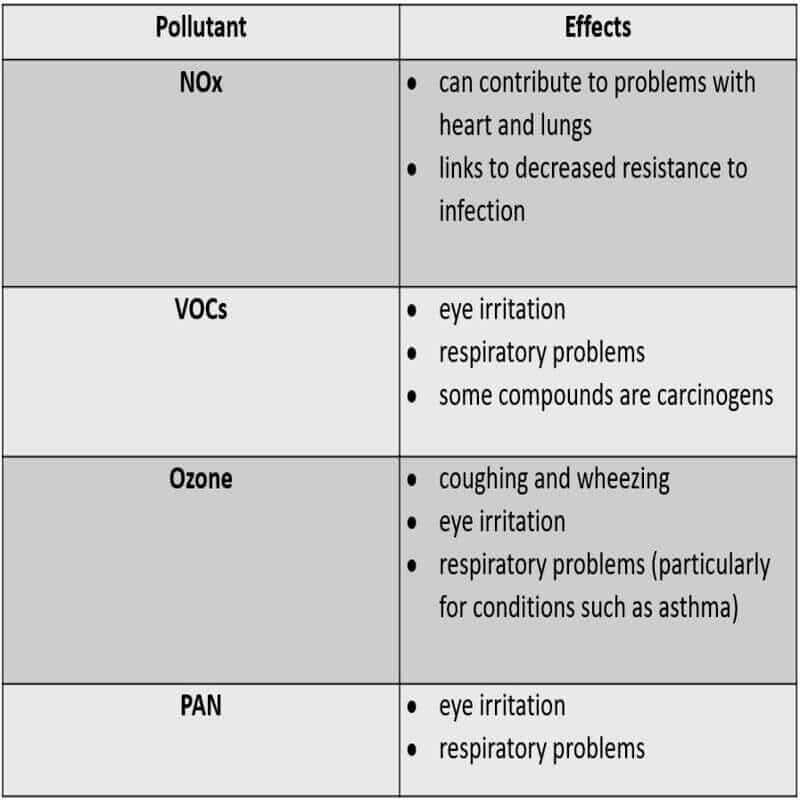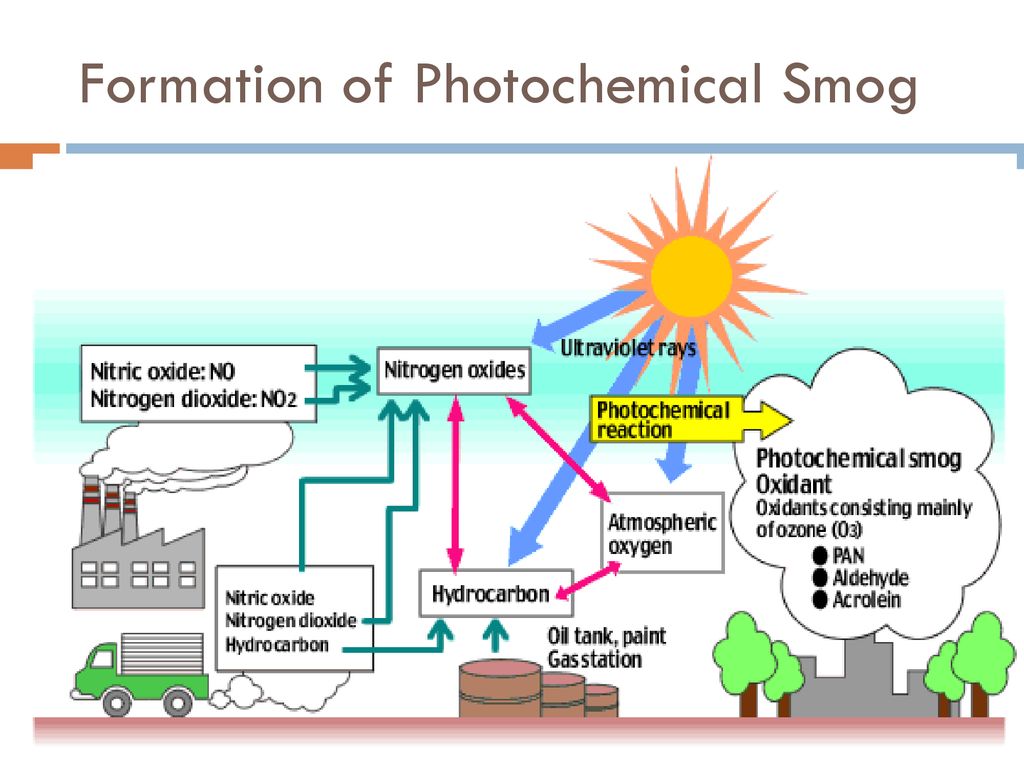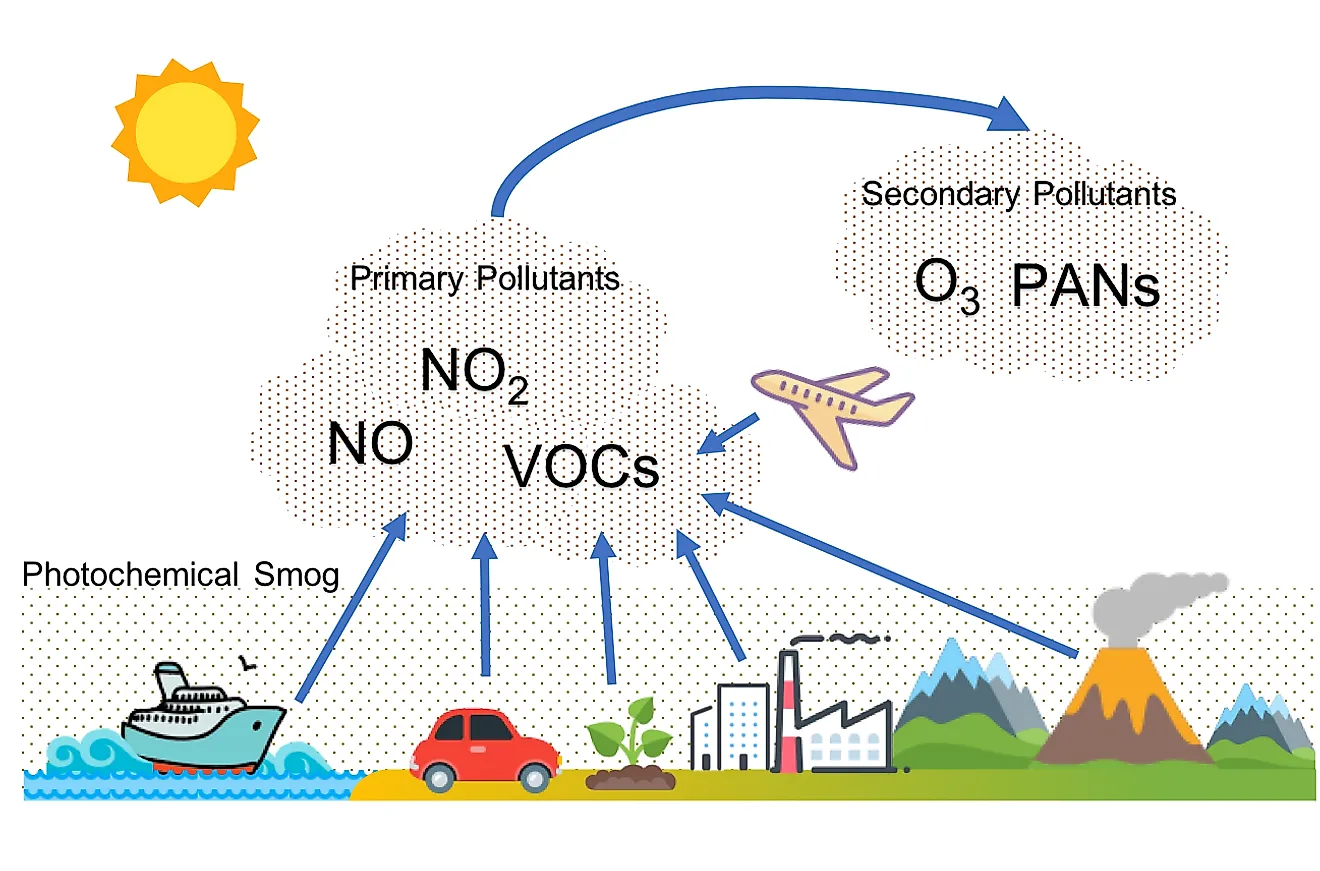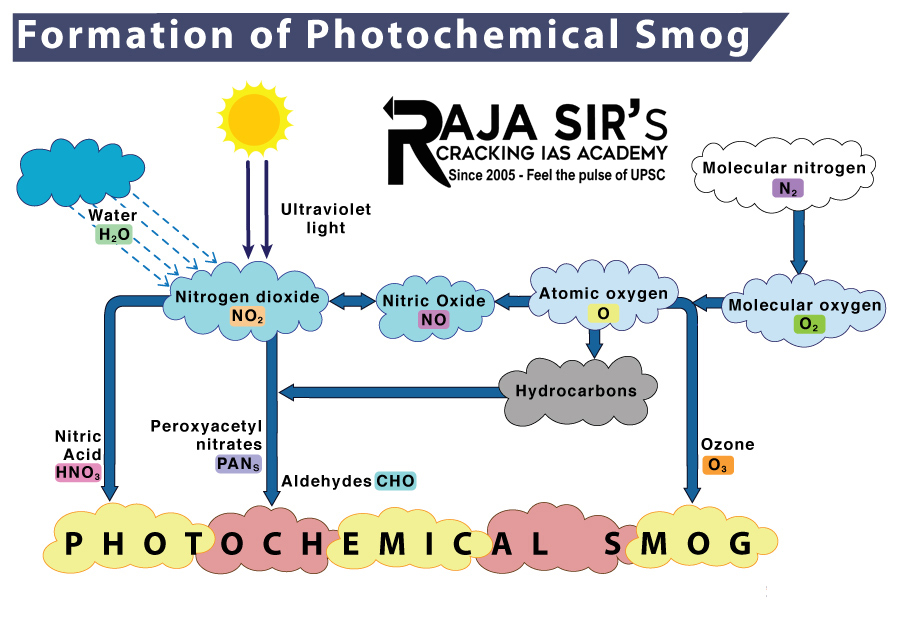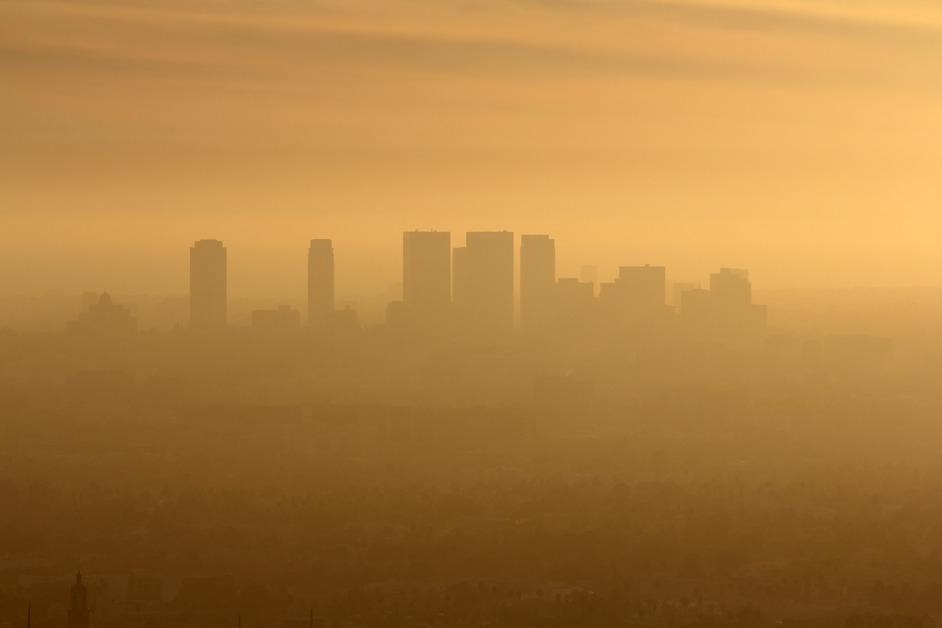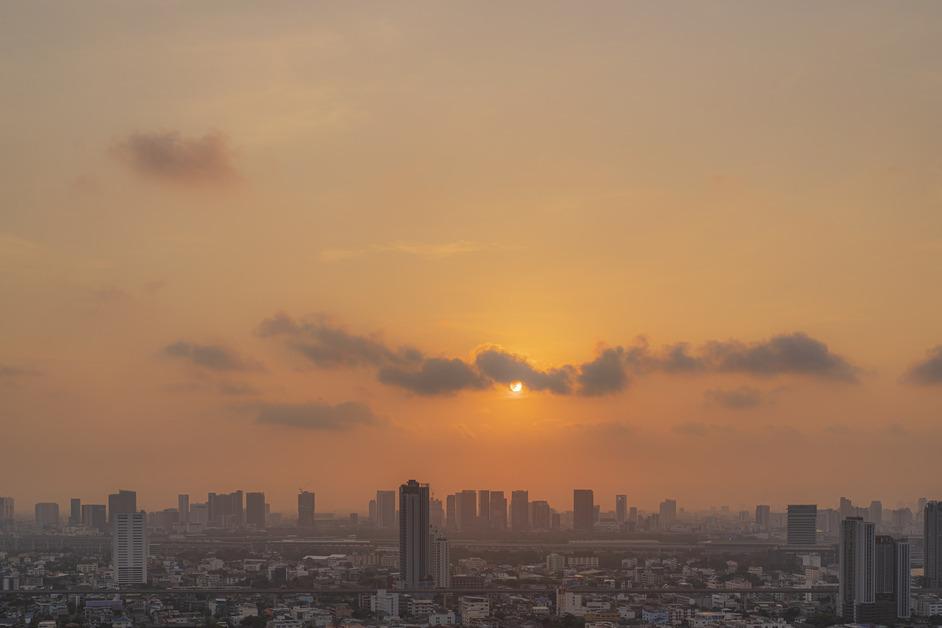Photochemical Smog Is Formed When Primary Pollutants Interact With - The nitrogen dioxide, and other. The formation of smog is linked to photochemical reactions, processes driven by sunlight. Among the pollutants involved in photochemical smogs are ozone, nitrogen dioxide and peroxyacyl nitrate (pan).
Among the pollutants involved in photochemical smogs are ozone, nitrogen dioxide and peroxyacyl nitrate (pan). The nitrogen dioxide, and other. The formation of smog is linked to photochemical reactions, processes driven by sunlight.
Among the pollutants involved in photochemical smogs are ozone, nitrogen dioxide and peroxyacyl nitrate (pan). The nitrogen dioxide, and other. The formation of smog is linked to photochemical reactions, processes driven by sunlight.
Discuss In Detail The Photochemical Smog Emphasizing Its Formation
The formation of smog is linked to photochemical reactions, processes driven by sunlight. Among the pollutants involved in photochemical smogs are ozone, nitrogen dioxide and peroxyacyl nitrate (pan). The nitrogen dioxide, and other.
Photochemical Smog and Gothenburg Protocol ClearIAS
The formation of smog is linked to photochemical reactions, processes driven by sunlight. Among the pollutants involved in photochemical smogs are ozone, nitrogen dioxide and peroxyacyl nitrate (pan). The nitrogen dioxide, and other.
Photochemical Smog (6.3) MS. SHAW'S CLASSROOM ENGAGE MINDS, TEACH
Among the pollutants involved in photochemical smogs are ozone, nitrogen dioxide and peroxyacyl nitrate (pan). The nitrogen dioxide, and other. The formation of smog is linked to photochemical reactions, processes driven by sunlight.
What Is Photochemical Smog? WorldAtlas
Among the pollutants involved in photochemical smogs are ozone, nitrogen dioxide and peroxyacyl nitrate (pan). The nitrogen dioxide, and other. The formation of smog is linked to photochemical reactions, processes driven by sunlight.
IAS Google Cracking IAS Academy
The nitrogen dioxide, and other. The formation of smog is linked to photochemical reactions, processes driven by sunlight. Among the pollutants involved in photochemical smogs are ozone, nitrogen dioxide and peroxyacyl nitrate (pan).
Is Photochemical Smog a Primary or Secondary Pollutant?
Among the pollutants involved in photochemical smogs are ozone, nitrogen dioxide and peroxyacyl nitrate (pan). The formation of smog is linked to photochemical reactions, processes driven by sunlight. The nitrogen dioxide, and other.
What is Photochemical Smog? Components, Cause, and Effects
The nitrogen dioxide, and other. Among the pollutants involved in photochemical smogs are ozone, nitrogen dioxide and peroxyacyl nitrate (pan). The formation of smog is linked to photochemical reactions, processes driven by sunlight.
Solved Photochemical smog is formed when primary air
The nitrogen dioxide, and other. Among the pollutants involved in photochemical smogs are ozone, nitrogen dioxide and peroxyacyl nitrate (pan). The formation of smog is linked to photochemical reactions, processes driven by sunlight.
Photochemical smog Energy Education
Among the pollutants involved in photochemical smogs are ozone, nitrogen dioxide and peroxyacyl nitrate (pan). The formation of smog is linked to photochemical reactions, processes driven by sunlight. The nitrogen dioxide, and other.
Among The Pollutants Involved In Photochemical Smogs Are Ozone, Nitrogen Dioxide And Peroxyacyl Nitrate (Pan).
The nitrogen dioxide, and other. The formation of smog is linked to photochemical reactions, processes driven by sunlight.
